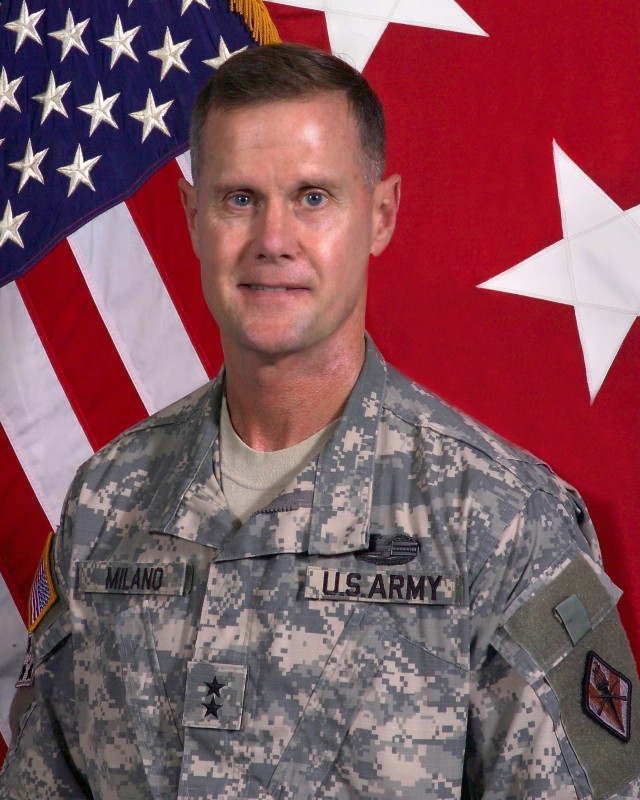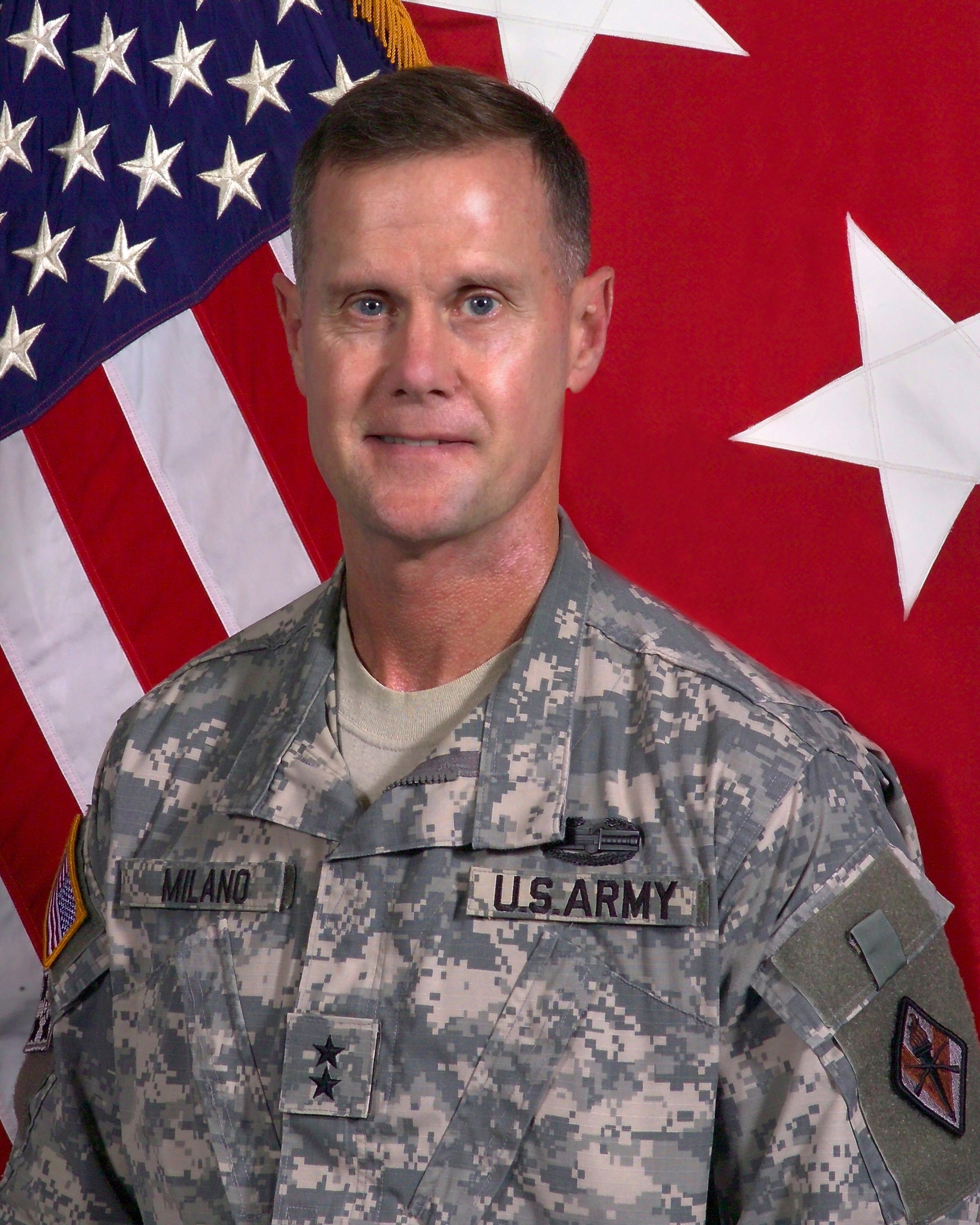FORT JACKSON, S.C. -- With many Congressional seats up for election this year, there has been no shortage of political messaging and activities. As the political fanfare heats up as we approach Election Day, the Fort Jackson community needs to remain focused on our responsibilities and obligations as Soldiers or as members of the government work force.
Our leaders need to stress to our Soldiers and DA civilians that they should take part in the election process. The Army encourages its Soldiers, civilians and all eligible community members to exercise the right to vote.
Voting is an important right that affords each and every American the opportunity to have a personal voice in shaping our country's future. I cannot over-emphasize that point, other than repeating what most of us already know in that one vote can make a world of difference.
To ensure the uninhibited path to the voting booths, our installation's Unit Voting Officers have worked diligently in providing our Soldiers and their families with the necessary resources for registering in their home states as absentees.
Fort Jackson's voting assistance officer remains available to assist anyone who still needs help in registering in his or her state, although some states' deadlines are near. There is also a wealth of voting information on the web site: www.fvap.gov and www.vote.army.mil. As for taking part in the election process, there are limits as to what we can and cannot do as members of the United States military.
Most important, we need to make sure that we do not lose our neutral footing so that we never breach the public's trust. The Department of Defense has made clear its emphasis on the rules limiting what Soldiers are permitted to do in regard to political activities.
DoD has rules about candidacy and campaigning as they pertain to former military members, retirees and current Reserve Army Soldiers running for office. We need to make sure that we stay abreast of these mandates and responsibilities in regard to the ethics requirements governing public activities - because there are rules that apply to Soldiers and other rules that federal employees.
For example, a Soldier is allowed to express his or her personal opinion about a political candidate, because he or she certainly can - but just not as a representative of the Army. A Soldier can attend partisan and non-partisan political gatherings as a spectator - but not in uniform.
A Soldier may also make contributions to a political party or organization. However, a Soldier on active duty cannot make a contribution to another member of the military on active duty or to someone who is employed by the federal government.
There are other boundaries. For example, a Soldier may not be a candidate or hold a civil office, except under limited conditions. However, the ethics standards do not prohibit an Army civilian from campaigning for or against a particular candidate in a partisan election. That's OK, so long as the campaigning does not take place on post or in the workplace.
There are many other rules and distinctions - far too many to mention in this space - explaining who can do what in the political arena. What's important to remember and what our trainers need to stress is that Soldiers and Army civilian employees adhere to our Army professional standards at all times, because the Army does not participate in partisan politics. As a general rule, any public support of partisan political activity by Soldiers is more than likely prohibited.
For more clarification, Soldiers should consult AR 600-20 and DODDIR 1344.10 for guidance. Civilians should refer to the U.S. Office of Special Counsel website at http://www.osc.gov./hatchact.htm for more information. If there are still questions, Fort Jackson's Staff Judge Advocate's administrative law section will answer them at 751-7657.
Victory Starts Here and Army Strong!


Social Sharing